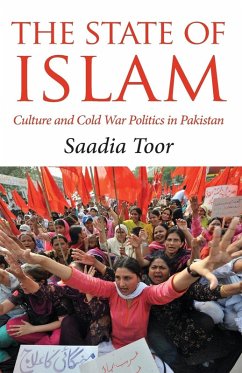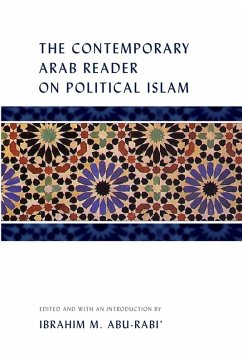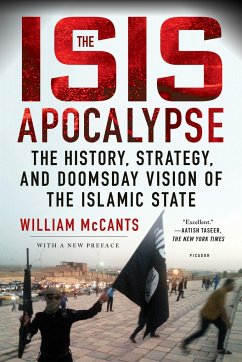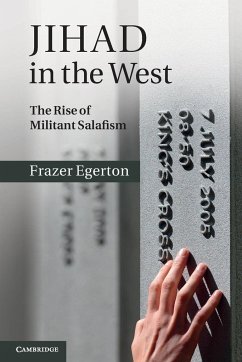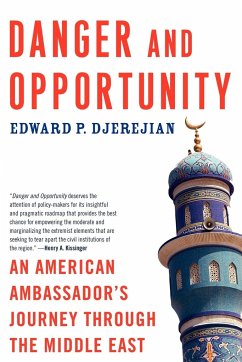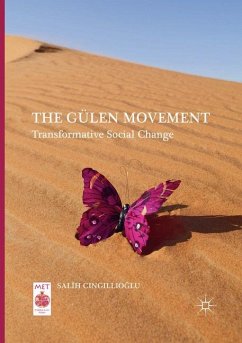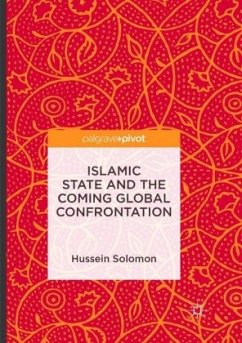Nicht lieferbar
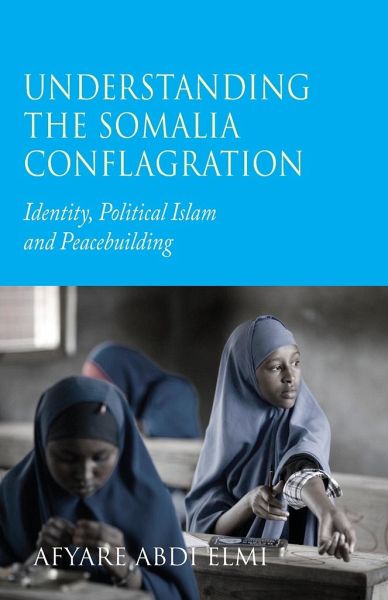
Understanding the Somalia Conflagration
Identity, Political Islam and Peacebuilding
Versandkostenfrei!
Nicht lieferbar
Somalia has been devastated by a US-backed Ethiopian invasion and years of civil war, and it has long been without a central government. Against this background of violence, Somali-born Afyare Abdi Elmi attempts to find a peace-building consensus. Somalia is a failed state and a Muslim state. This combination means the West assumes that it will become a breeding ground for extremism. The country regularly hits the headlines as a piracy hotspot. This combination of internal division and outside interference makes for an intensely hostile landscape. Elmi shows that only by going to the roots of the conflict can the long process of peace begin. He highlights clan identities, Islam and other countries in the region as the key elements in any peace-building effort. This unique account from an author who truly understands Somalia should be required reading for students and academics of international relations and peace / conflict studies.
Is peace-building in Somalia possible? Devastated by a US-backed Ethiopian invasion and years of civil war, Somalia has long been without a central government, against this background of violence and instability, Somali academic Afyare Abdi Elmi, explains the multiple dimensions of the conflict, seeking a peace-building consensus. Somalia is a failed state and a Muslim state, a combination the West assumes means it's a breeding ground for extremism. Coupled with the country's reputation as a piracy hotspot, this combination of internal division and outside interference makes for an intensely hostile landscape. Elmi shows that only by addressing the problem of the statelessness in the country can the long process of peace begin. He highlights clan identities, Islam and other countries in the region as the key elements in any peace-building effort; setting out a path for the international community to follow.







